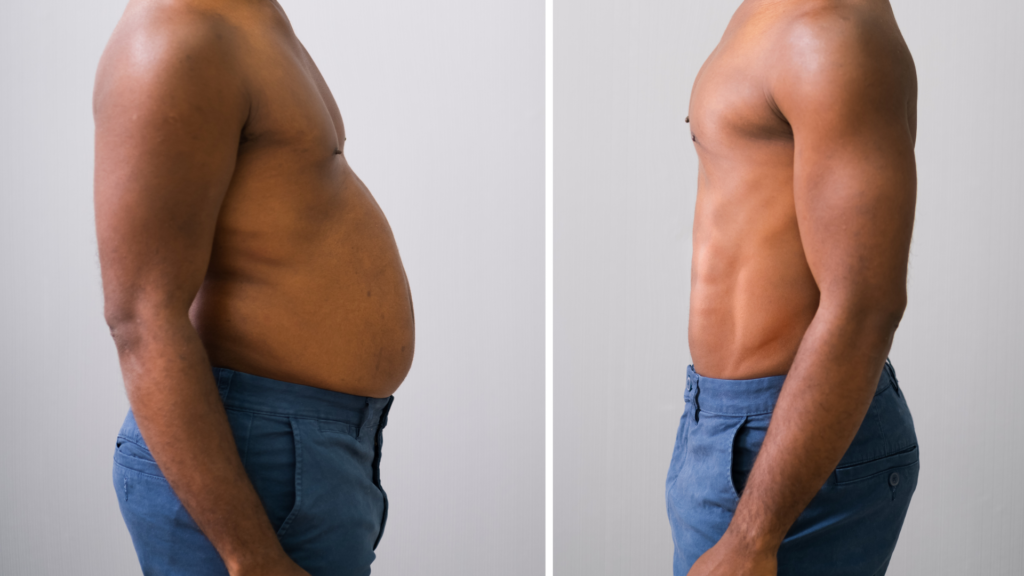Fitness
ARD Champs Dip and Pull Up Belt Review
Affiliate Links Below Blue: https://amzn.to/3Fr0ZBM Black: https://amzn.to/3JeEsdF Red: https://amzn.to/3EsxkH8 Red Camo: https://amzn.to/3H7IPFL
Strength Coach Reacts to Gym Fails
Should I wait until the New Year or January 1st to begin my fitness journey?

My answer is no, you should start today, whatever day it may be, to start eating healthy and exercising. Procrastination is a common human tendency. We naturally tend to put things off that require change, effort, time and energy. It is easier to just watch you favorite game show or news network on TV. The reality is, there will always be another program to watch or another excuse. Most people fail their New Year resolution goals within 32 days or by Feb. 1st of the New Year. So let’s say it is February and you want to wait until the New Year to make a resolution. You would have waited 10-11 months to start a fitness program that you have a 68% chance of failing within the first month. That’s 10-11 months that you could have already been exercising and eating right. This bottles down to a motivational issue. Find someone to go with or someone to report to and hold you accountable. Find out what is holding you back and find a way to make necessary changes. Hire a qualified and reputable trainer to help you. Set goals and choose this day, today to find the motivation and desire to improve your health and quality of life.
Top 5 Tips to a Successful Workout Program

Top 5 tips to a Successful a Workout Program
Whether you are looking to lose or gain weight, these 5 general tips will help you with your fitness goals:
1) Consistency
Missing time between exercises results in atrophy of muscle. The saying goes, if you don’t use it, you lose it. The minimum days you need to go to the gym to see results are twice a week. Going once a week is for maintaining the previous week. If you miss a week at the gym, you get weak!
2) Motivation
If you are unmotivated to go the gym you will most likely lose grasp of consistency and not want to exercise at all. This is by far the hardest barrier to get over. If you can get motivated you will see results. Get a trainer, or a work out buddy to help you stay accountable.
Can you turn fat into Muscle?
Fact Check: Mixture

The idea behind this myth is that when one exercises, the fat content within the body will transform from fat to muscle. While it is true that one can lose fat and gain muscle, it is physiologically incorrect to believe that fat turns into skeletal muscle, due to the fact that they are two different types of tissue within the body. Fat cannot be turned into a muscle fiber or bundle and attach itself to bone via a tendon. We can lose fat by converting it into energy to perform work after tapping into the aerobic metabolic system. This is typically achieved after 30 minutes of aerobic exercise as well as proper nutrition and diet. We can build muscle by tapping into our anaerobic muscle systems by performing exercises that engages the hypertrophy and repairing of muscle through adequate rest and protein intake. Hypertrophy exercise ranges occur at 67-80 % max effort and performing the exercises at 6-12 repetitions and 1 or more sets depending on experience. Preferably, performing at 3 or more sets for intermediate and advanced training classifications.
Fitness Quote

Waking up groggy and pushing your body to more than 80% exertion is not very motivating. What is motivating is seeing your health improve and getting the results you desire over time and consistent effort.
Sweat is Just Your Fat Crying!

Fact Check: Mixture
While this quote is funny and motivational, this is physiologically incorrect. Sweat is a way for your body to help regulate body temperature and keep your body from over heating, much like shivering helps keep your body warm when it is cold outside. What weight you do lose when you sweat is water weight. When you exercise your heart rate goes up as does your temperature. Heat will escape through your circulatory system where heat can be lost into the air. Your body burns calories as you exercise. To hit the fat burn zone during your exercise (or utilize the aerobic energy system of your body), you must do at least 30 minutes of moderate intensity aerobic exercise such as walking, running, swimming, biking.
You Miss a Week … You Get Weak!

Frequency and consistency make up 2 pillars to achieving your fitness goals. Muscle atrophy occurs soon after 7 days of no exercise. Try to exercise at least once a week to maintain fitness levels and more than once a week to enhance it. My recommendation is do something exercise related at least 30 minutes a day, 6 days a week.
Should I Exercise With a Neck Injury or Neck Condition?

The simple answer is to consult with your doctor first to receive clearance for exercise. The neck has the starting point of the spinal cord at the base of the skull. Other major nerves, veins and arteries are located throughout the neck region. The neck also possesses a major tube called the wind pipe (trachea) in which you need to breathe oxygen. Your doctor may recommend seeing a physical therapist or chiropractor for injury related recovery (rehabilitation), or if an injury or condition is severe, a spinal surgeon or neurologist. Putting off injuries or “toughing it out” may worsen over time, especially years down the road. Listen and take care of your whole body. If something doesn’t feel right get the help you need sooner rather than later.